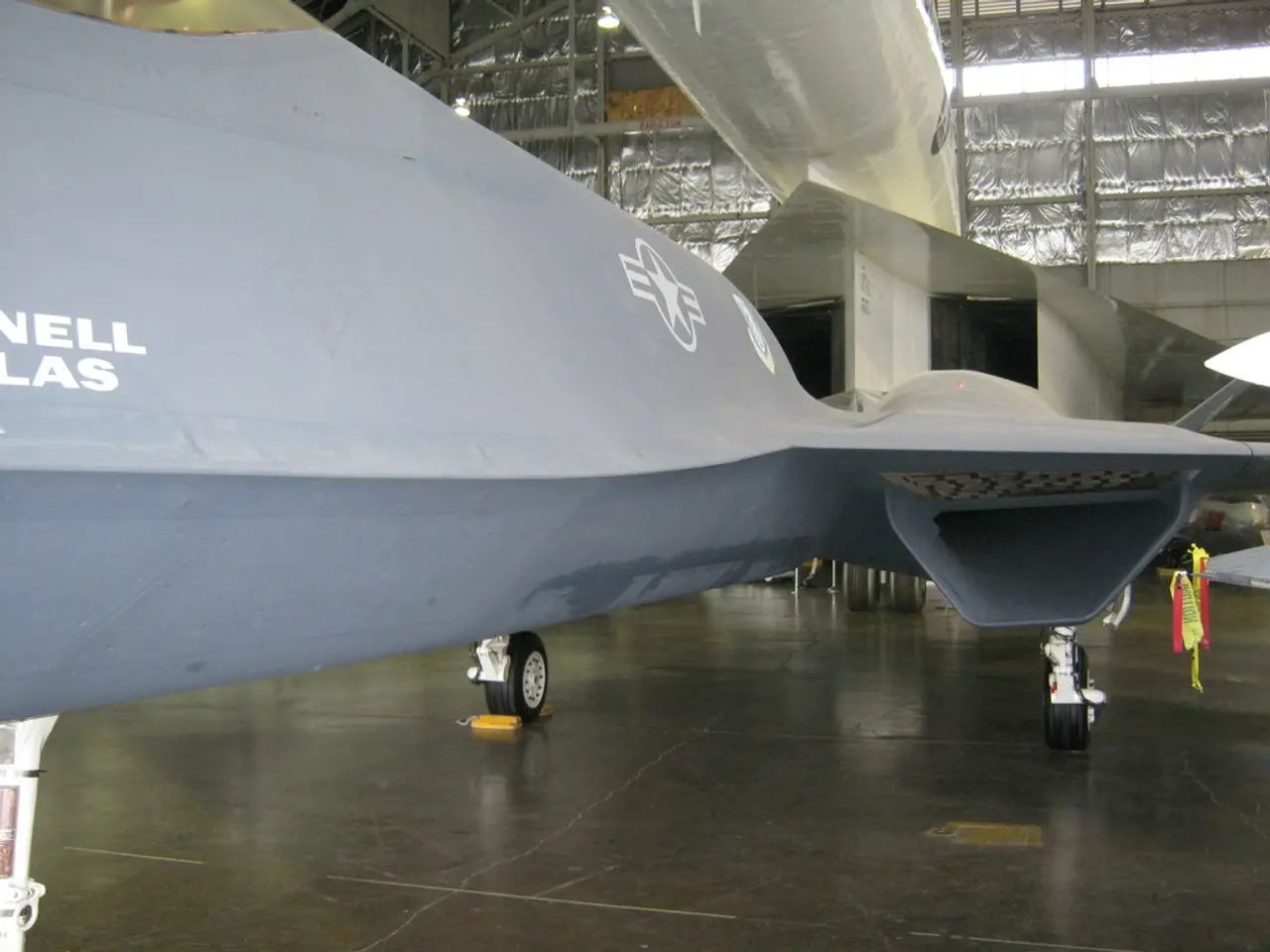Insights on the Iran-Israel Conflict: A Closer Look at Regime Changes in the Middle East
The Dilemma for the US: Approach or Abstain?
"Past transitions of power in the Middle East have proven disastrously ineffective"
Amidst the simmering tension between Israel and Iran, the world anxiously awaits US President Donald Trump's decision: will the US join Israel's air strikes against Tehran, or remain neutral? The "New York Times" urges that the US Congress must decide on a US attack on Iran, emphasizing the potential extreme danger a nuclear-armed Iran poses to global peace and stability [News].
Cautionary Tales of Regime Change in the Middle East
In the face of possible regime change in Iran, the London-based "Financial Times" cautions against hasty action. Previous attempts to send Middle Eastern governments toppling have disastrously backfired, instigating chaos and further destabilizing an already fragile region. Although many Iranians resent their leadership, the risks of foreign intervention in a proud nation of 90 million people are unforeseeable and could ripple beyond the region [Finance].
The Middle East Tinderbox: Iran, Israel, and the Consequences of War
The Norwegian newspaper "Verdens Gang" warns that the war between Israel and Iran could erupt into an inferno, setting the world ablaze. Much will be settled in the coming days and weeks, depending mainly on the US and Donald Trump's actions. The US's involvement, be it supporting or hindering Israel, could have critical repercussions on the Middle East's future [News].
China's Diplomatic Dilemma: Iran, Iraq, and the Asian Tiger's Influence
The Italian daily "La Stampa" points to current US-Iran tensions as an unprecedented challenge for China's diplomacy. The possibility of a prolonged conflict jeopardizes energy supplies from Iran and Iraq, as well as undermining China's strategic partnership with Iran [International].
Crumbling Alliances: The Iranian Regime's Isolation in the Middle East
According to the Dutch newspaper "de Volkskrant", the Iranian regime has lost the support of its key allies in the Middle East following a string of aggressive actions. Once a formidable military alliance, known as the "Axis of Resistance," has dissolved, leaving Iran's Supreme Leader Ayatollah Ali Khamenei isolated and politically vulnerable [International].
In our collective memory, regime change in Iran can be traced back to the 1953 CIA-MI6 coup and the 1979 Iranian Revolution. Both events drastically reshaped the geopolitical landscape of the Middle East, inspiring Islamic movements and positioning Iran as an antagonist to U.S. interests. Historical examples warn of the perils of forcibly altering Iran's government, potentially leading to increased instability, prolonged conflict, and the empowerment of extremist groups [Enrichment].
The European Union, in light of the escalating conflict between Iran and Israel, has a responsibility to ensure that its foreign policy towards the Middle East is implemented in a balanced and balanced manner, taking into account the potential consequences of war-and-conflicts and the political instability that such events may cause, as shown by the cautionary tales of regime change in the region. General-news outlets stress the importance of considering the implications of foreign intervention in the Middle East, especially regarding the stability and peace of the entire world.





